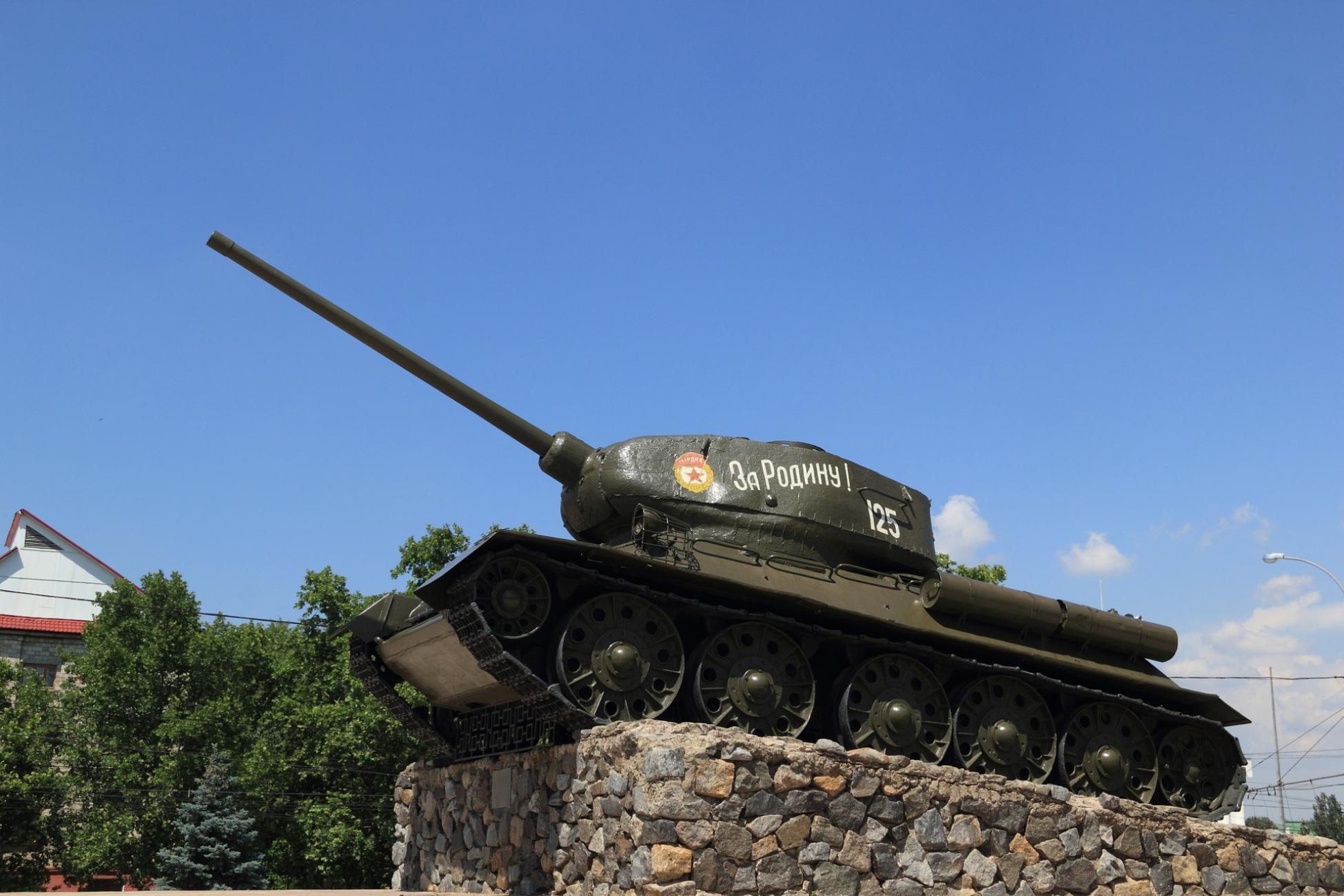What’s it like to actually live next door to an active war, in a country politically caught in the middle?
In a word: confusing.
I woke up this morning to another unusual news report: “Government” officials in Transnistria claimed to have foiled a plot by Ukrainians to make a terrorist attack in their “capital,” Tiraspol.
This takes a while to unpack: Transnistria is a Soviet-affiliated breakaway-state (not really a country), which is technically still part of Moldova. After Moldova’s independence from the USSR in 1991, Transnistria fought a Russian-backed war against Moldovan military forces to establish its independence.
Surprisingly, Transnistria has been permitted to maintain its autonomy for more than 30 years. It has its own currency, its own mobile phone networks, and in fact, Russia has kept around 1,500 troops there ever since, safeguarding an arsenal of Soviet weapons.
How is this personally relevant to me?
My wife and I are going to Transnistria on Thursday to give academic presentations at the American Center there. At least that’s the plan as of today.
What is going on in Transnistria?
What people in Transnistria are claiming is that they prevented something from happening and blamed it—the thing that didn’t happen—on the Ukrainian Secret Services.
Eventually we might learn the truth, but for now, we’re caught in a web of conflicting reports—and we know that people will generally choose which side to believe based on what fits their personal opinion. If you support Russia, and in turn Transnistria, you will believe the news that there was an assassination attempt on the Transnistria leader.
Personally, I doubt the plot ever happened, and believe this was probably an attempt by Transnistria to create a pretext for even more Russian troops to come create another front in their war against Ukraine.
A big part of travel is surrendering control.
These sorts of confusing news reports have been common for the last month or two, as the anniversary of Russia’s unprovoked and murderous invasion of Ukraine is approaching, and they are bogged down fighting a country they severely underestimated and probably can’t beat on the battlefield.
A few weeks ago, Moldova’s President Sandu was in all the newspapers talking about a Russian attempt to undermine the government here. Her reports came on the heels of Ukrainian President Zelensky announcing that his intelligence forces had uncovered plans to overthrow Moldova’s constitutionally-elected, pro-European government.
February 24th has come and gone
The first anniversary of Russia’s invasion of Ukraine has come and gone. I must admit there was a little tension as the date approached, but overall, there was this sense that life goes on. Classes still need to be taught, right?
In the fall, those of us living in Chisinau quite often endured electricity blackouts after Russian attacks on Ukrainian energy infrastructure, but the last few months have been relatively calm. We were worried something might happen on the 24th, but it was totally beyond our control, so what could we do?
A big part of travel—and not just for those with combat zones on their doorsteps—is surrendering control. Whether you realize it or not, when you walk into an airport—or certainly once you step onto a plane—you surrender all control over what happens next.
Did you see the news report from New Zealand a couple weeks ago? A flight took off from Auckland and landed over 16 hours later…in Auckland. The passengers were headed to New York City’s JFK airport, but an electrical outage closed one of the terminals causing flights to be diverted to other nearby airports. But for some reason, the Air New Zealand executives (at the corporate level—not the pilots and not the cabin crew) decided there would be less disruption to future flights if their plane simply returned to Auckland.
The lesson for all of us
One of the passengers on that ill-fated flight said it best: “This was the worst travel experience I’ve ever had, but these things happen”.
When you travel, it can be absolutely maddening in the moment when your plans are upended by circumstances beyond your control, so the challenge is to take as many deep breaths as necessary and remain as calm as possible. Don’t take it personally, and don’t think for a second you can make airlines bend to your will.
The same goes if you’re living in a country with daily uncertainty: Go about your daily life as best you can, realizing that things beyond your control can (and will probably) happen.
Hope for the best, but prepare for the worst.
Add this article to your reading list




